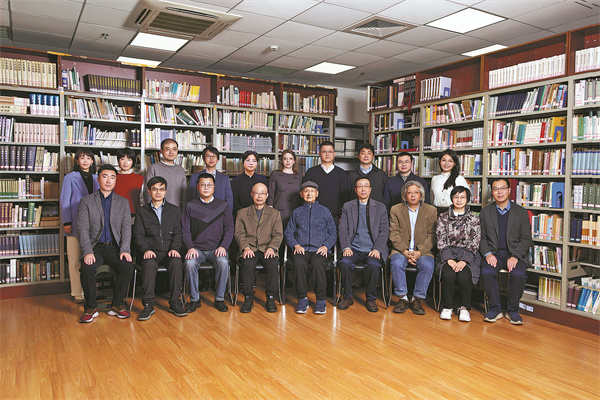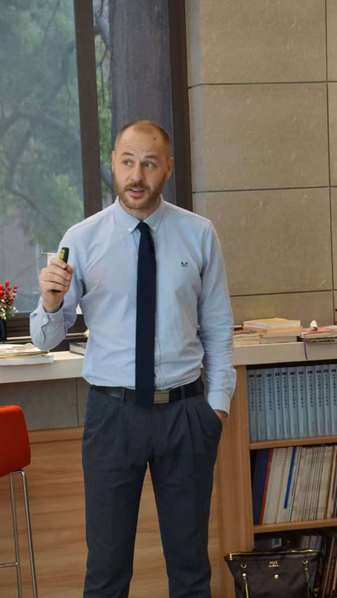A research team from Fudan University has achieved a breakthrough in helping the blind regain their sight recently. The research team, led by ZHANG Jiayi, researcher at Fudan’s Institute of Brain Science, in collaboration with JIANG Chunhui, professor at Eye & ENT Hospital of Fudan University, YUAN Yuanzhi, professor at Zhongshan Hospital Fudan University, and ZHENG Gengfeng, professor at Laboratory of Advanced Materials of Fudan University, has for the first time, developed a new generation of artificial photoreceptors based on nanomaterials that can repair human visual functions.
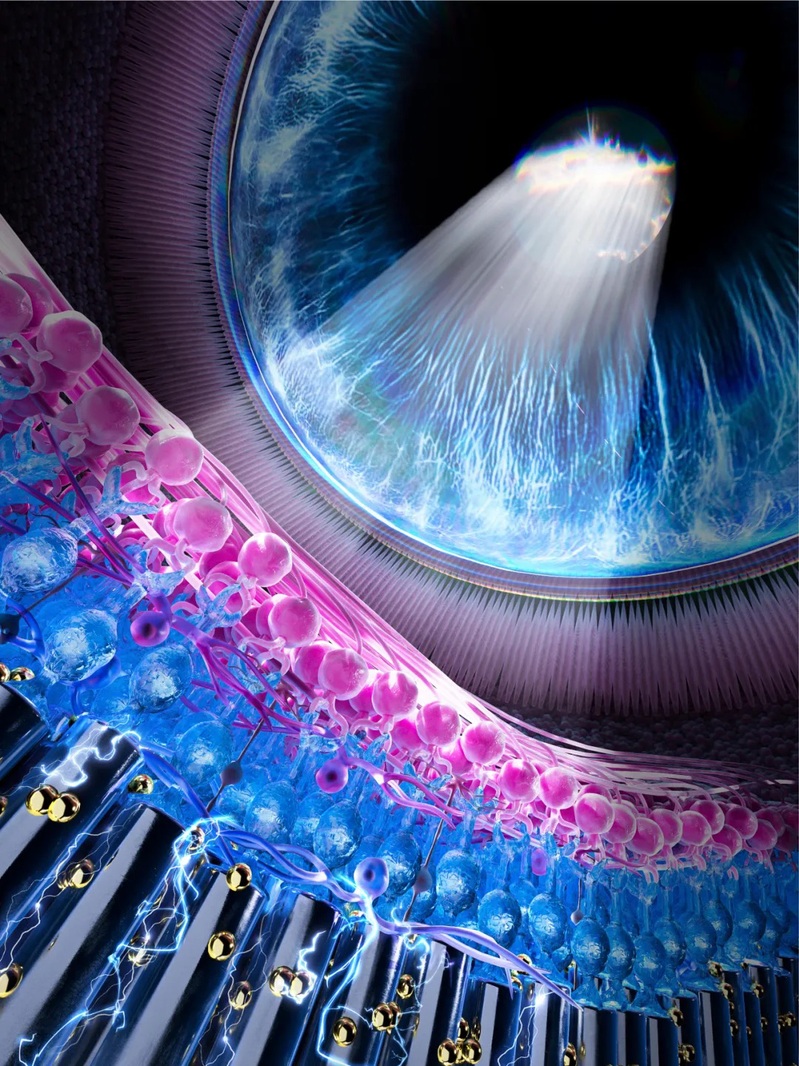
The achievements have been published in Nature Biomedical Engineering and have been granted two invention patents. The research was also selected as one of the Top 10 Scientific and Technological Advances of Fudan University in 2023.
The new artificial photoreceptor is a passive medical device that does not require any power supply and can operate automatically as long as there is light. It can be considered a mini solar cell that converts light energy directly into electrical energy under light exposure, activating retinal cells and transmitting visual information to the brain through retinal neural circuits to help restore patients' visual functions.
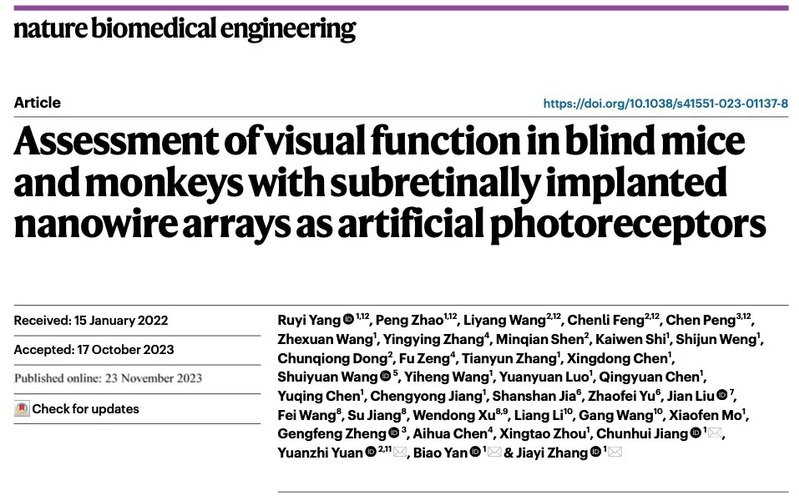
The research spans three major fields: optoelectronic material science, neuroscience, and clinical application. The team overcame key challenges, including the low efficiency of the optoelectronic material conversion rate, and after about two years of unremitting efforts, they successfully increased the photoelectric conversion efficiency by 8 to 10 times
JIANG Chunhui, who is willing to explore new therapies for difficult diseases and apply cutting-edge results to the front line of diagnosis and treatment, has provided key suggestions for surgical strategies, infusing the project with another dimension of momentum.
To ensure the safety and stability of the application from animal experiments to human use, the team submitted detailed preliminary research data to the Ethics Committee, including observation records of artificial photoreceptors implanted in the eyes of seven monkeys for more than a year. These monkey eye experiments showed that the implant position was stable and did not cause any adverse reactions, providing evidence support for the research before human clinical trials.
The first clinical experiment was conducted in May 2023 at Eye & ENT Hospital of Fudan University. The patient, who suffered from primary retinitis pigmentosa, gradually lost his vision with age and completely lost his sight between the ages of 55 and 57. When the team revisited him, the patient was able to not only identify objects on the ground but also walk along the white guide lines on the ground and correctly state the number of ground lights.
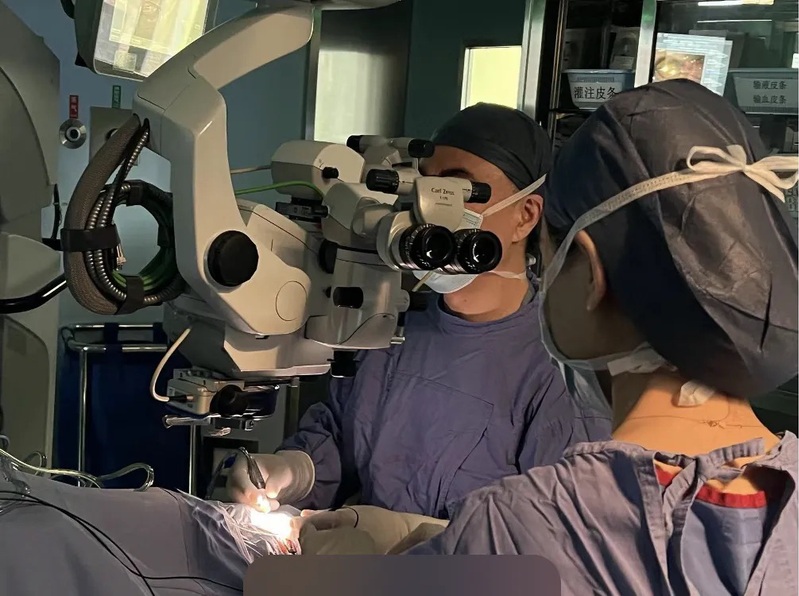
“The research is still in its early stages and is just the beginning of a long journey,” said ZHANG Jiayi. Her team, jointly with Prof. Jiang is now working on the investigator-initiated trials on seven patients to obtain more convincing results. However, the current clinical trial results are still a considerable distance from fully restoring complex vision. The team will continue to upgrade technology and materials, and gradually narrow the gap with normal visual functions.
(END)
Presented by Fudan University Media Center
Writer: WANG Menqi
Editor: LI Yijie
Designer: George Li



